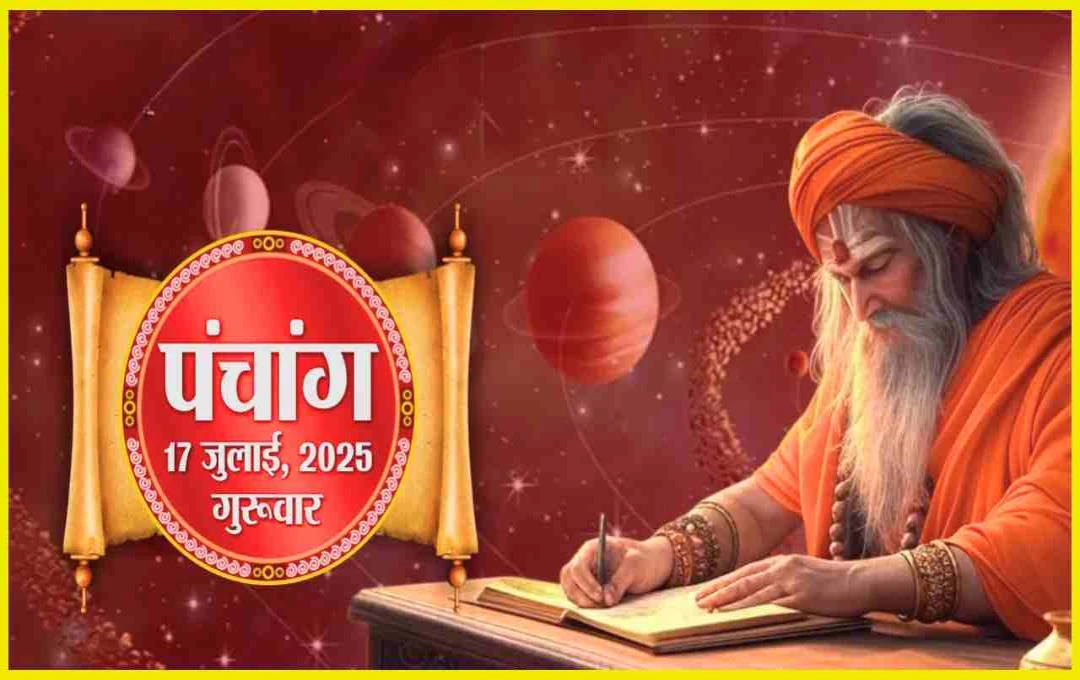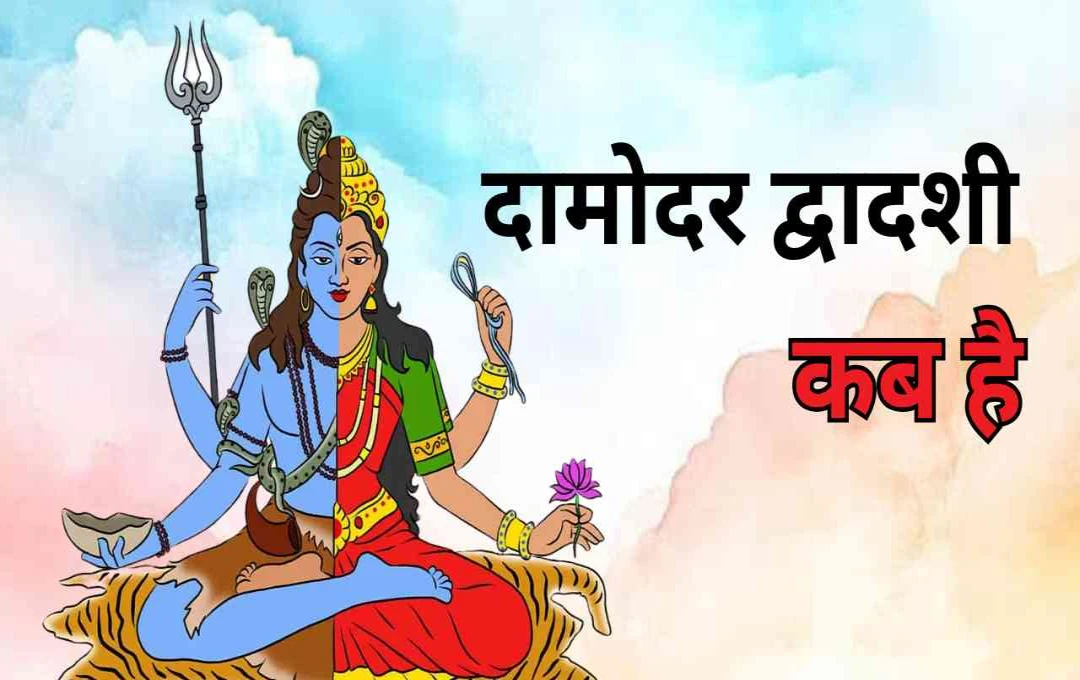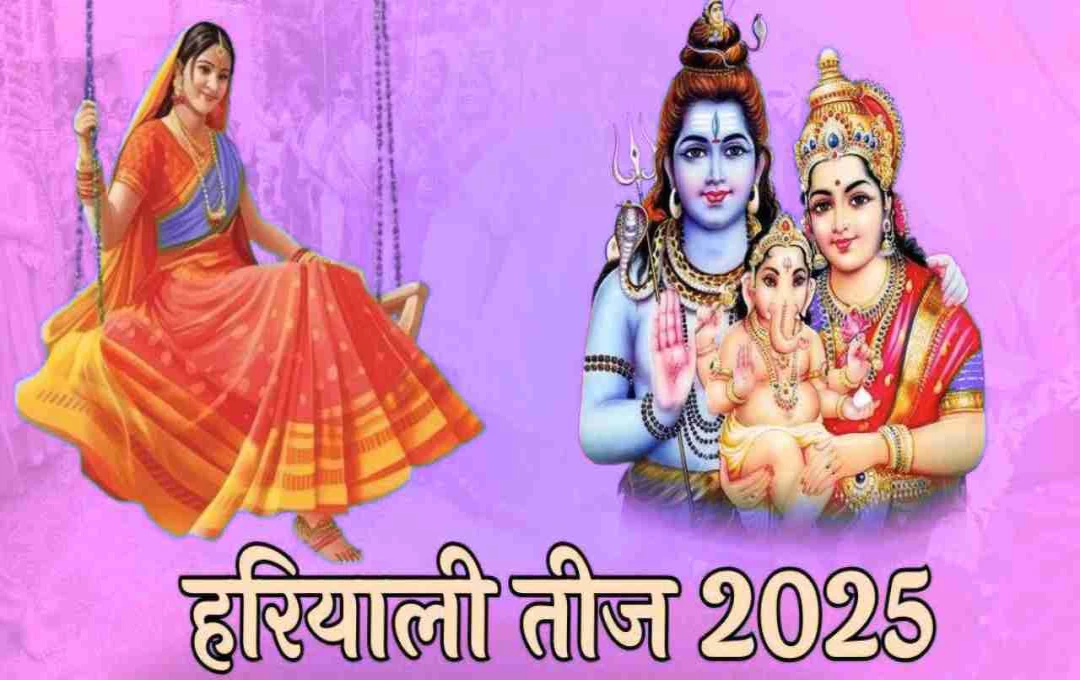The month of Sawan is considered a symbol of faith, penance, and restraint in Hinduism. This month is dedicated to Lord Shiva, and devotees immerse themselves in Shiva bhakti through fasting, worship, and penance throughout the month. However, the significance of Sawan is not only religious; it also includes several traditions related to our diet and lifestyle. Behind these traditions lie deep scientific and social reasons.
Like every year, Sawan 2025 will bring special significance to people's lives, but a question is often asked about this month: why are milk and green leafy vegetables forbidden during Sawan? This is not just a religious tradition; there are many logical reasons behind it.
The Rainy Season and Questions about the Purity of Milk
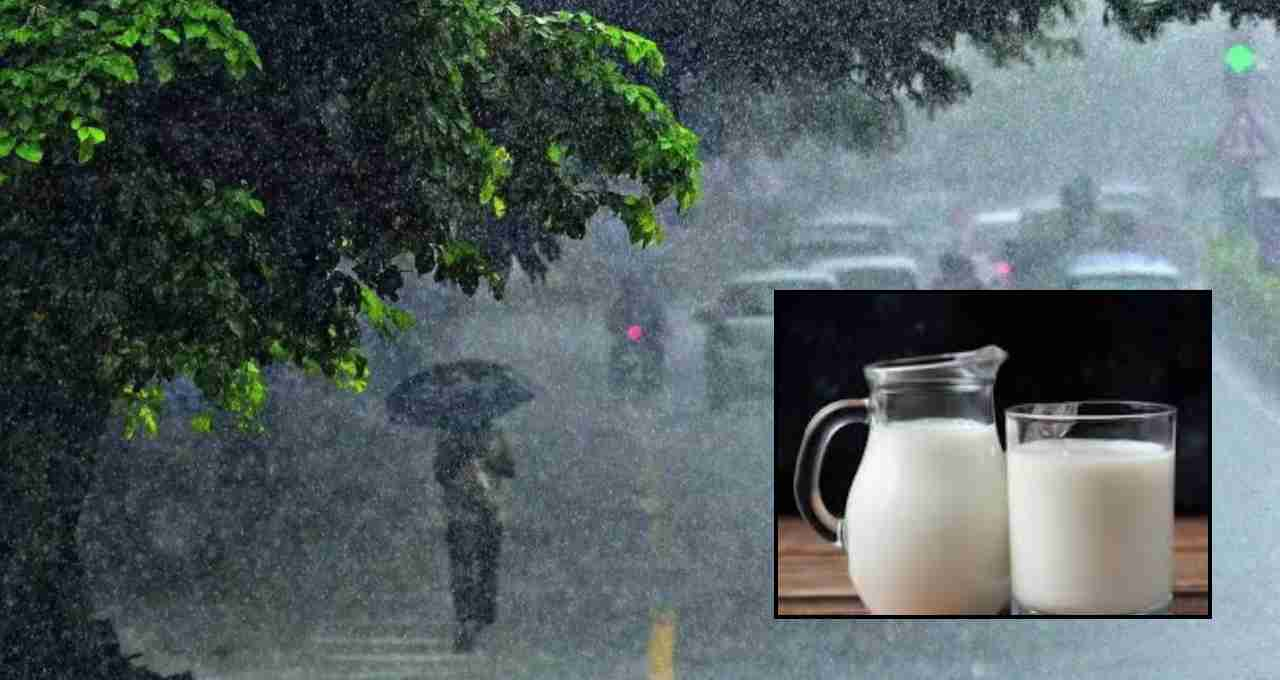
The rains are at their peak during the month of Sawan. The environment becomes humid all around, and the spread of germs, bacteria, and fungus becomes very rapid in such weather. The fodder that cows and buffaloes eat also grows in this humid environment and can harbor harmful bacteria. When animals consume this contaminated fodder, the purity of their milk can also be affected.
During this time, the chances of pathogens mixing in the milk increase, which can harm the digestive system. The body is already sensitive during fasting; in such a situation, this type of contaminated milk can prove harmful to the body.
Milk is Dedicated to Lord Shiva
From a religious perspective as well, the tradition of not consuming milk in Sawan is linked. It is believed that milk is offered to Lord Shiva throughout the month of Sawan. Devotees offer milk to the Shivling every Monday. For this reason, it has become a belief that instead of consuming milk during this month, it should be offered in Shiva bhakti.
This tradition has been going on for thousands of years and is still followed, especially in rural areas and traditional families.
Risk of Insects and Infection in Leafy Vegetables
Green leafy vegetables like spinach, mustard greens, bathua, fenugreek, coriander, mint, etc., grow very rapidly during the monsoon. But at the same time, due to rain, the soil becomes very humid. In such a situation, insects, bacteria, and fungus hidden in the ground stick to these leaves. Sometimes these insects are not even visible, but they can enter the body and cause stomach ailments.
Experts believe that the digestive power of the body also remains weak during this season. In such a situation, consuming heavy and easily perishable items like greens can be risky for health.
Avoiding Vata-Increasing Elements is Necessary
According to Ayurveda, green leafy vegetables increase the Vata element. In the rainy season, Vata can already cause an imbalance in the body. If foods are consumed during this time that further increase Vata, then there may be problems like flatulence, indigestion, joint pain, and skin problems.
For this reason, Ayurveda also prohibits eating leafy greens during the monsoon and advises including light vegetables like bottle gourd, pumpkin, and pointed gourd in the diet instead.
These Vegetables Should Not Be Eaten in Sawan
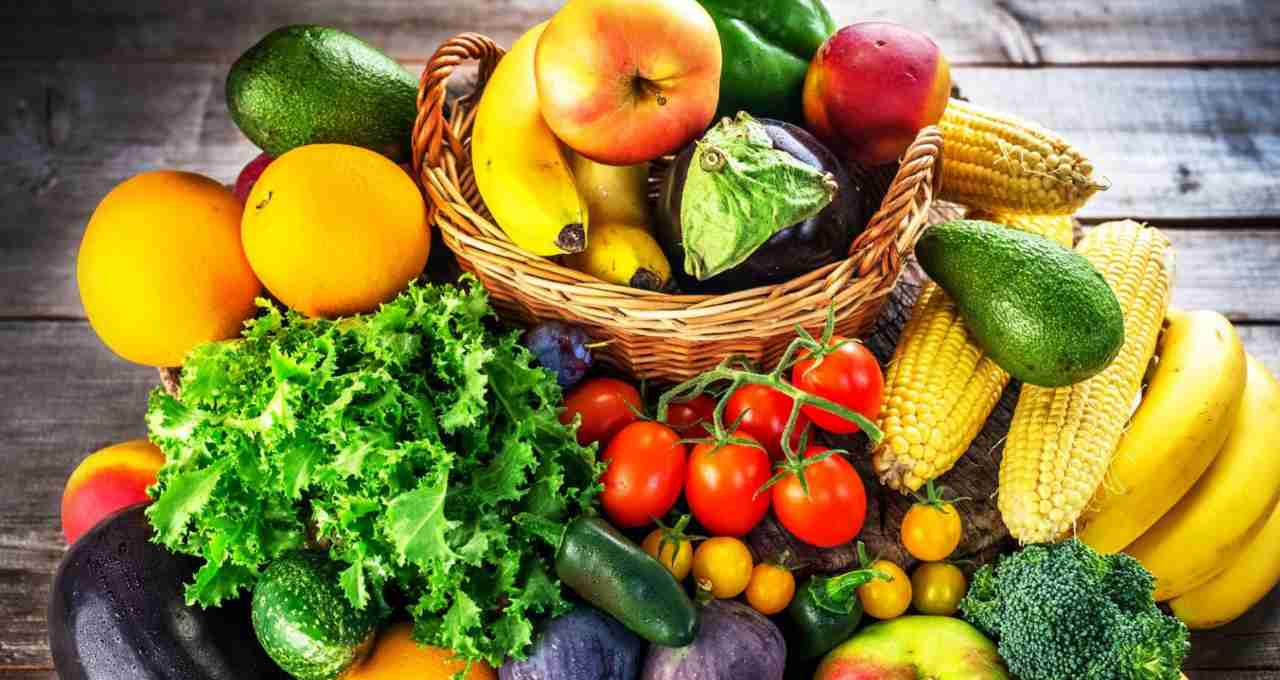
According to experts and religious beliefs, some specific vegetables should be avoided during the month of Sawan. These include:
- Green onion
- Mustard greens
- Broccoli
- Watercress
- Chicory
- Cabbage
- Fennel leaves
- Bathua
- Mint
- Coriander
- Fenugreek
- Radish leaves
- Green collard
- Lettuce
The special feature of these vegetables is that they spoil quickly in moisture, and germs breed quickly in them.
Sawan is a Symbol of Restraint and Purity
The month of Sawan is not just a time for the devotion of Lord Shiva, but it is also an opportunity to practice self-restraint, health, and mental stability. During this time, adopting simplicity in food, keeping the mind and body light, and paying special attention to cleanliness have been a part of Indian traditions.
During this month, the number of people who fast is high, and they eat fruits or light food. In such a situation, heavy and potentially contaminated foods like milk and greens are avoided so that the benefits of the fast remain and health is also protected.






